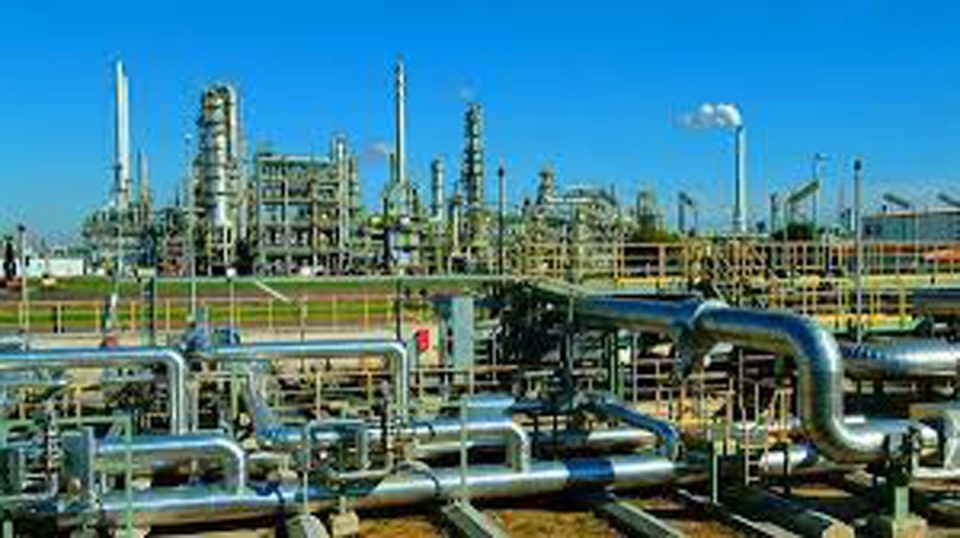Stakeholders in the oil sector have resolved that full operation of modular refineries as proposed in some quarters, will go a long way in solving challenges of fuel crisis in the country.
The stakeholders made the observation at the second stakeholders’ engagement on the integration of Modular/Artisanal Refinery Operations into the oil and gas sector on Tuesday in Abuja.
They also brainstormed on current challenges of revenue loss, petroleum product scarcity, environmental pollution and the way out.
The Senior Special Assistant to President Muhammadu Buhari on Niger Delta Affairs, Sen. Ita Enang explained that the aim of the meeting was to discuss ways out of the country’s present oil challenge.
“Let me welcome all of you to this conference, which is the second meeting of all engagement of stakeholders on the integration of modular and artisanal refinery operating into the oil and gas sector and current challenges of revenue loss.
“We are here to discuss and to negotiate the way out of where we are in Nigeria. ”
Enang, who is also the convener of the meeting, stated that the gathering was also focusing on the review the causes of losses of revenue from oil due to irregular activities in the creeks and along oil pipelines and the effect it had on the nation’s economy.
According to him, the world is faced with energy crisis, and all the nations of the world are now looking to internal sources of solving their problems and Nigeria is not left out.
“Domestic refining which we call artisanal refining is part of the internal sources of solving these problems, but this refined products are going into our generators, going into our systems, and we still call it illegal refining.
“But we are driving our cars with it and we still call it illegal refining, people are feeding from it and we still call it illegal artisanal refining.’’
Enang said it was high time the country regularised the artisanal refined products for the purpose of saving the nation’s economy.
“It is time for us to meet and regularise it for the purpose of saving the economy, ” Enang said.
Prof. Akpofure Rim-Ruke, the Vice-Chancellor, Federal University of Petroleum Resources Effurun, who welcomed the idea of the forum, said it would salvage the challenge of fuel crisis and loss of revenue.
According to him, the youths are using the local process of producing local gin to produce the fuel which is the local technology that works.
“Having this at the back of our mind to see that the products they have produced, Federal University of Petroleum Resources has tested the products and it is actually in line in terms of specificity with others that are imported into this country.
“So, the technology is working,” he said.
On the way forward, Rim-Ruke said the institution had developed an indigenous modular refinery and it was already on ground and the authority of the institution had all it took to train the youths on it.
The Executive Secretary, Nigeria Extractive Industries Transparency Initiative (NEITI), assured the stakeholders of the agency’s support to the full operation of modular refineries in the country.
According to him, the project is a passionate one, not only to the oil sectors but for the entire nation for a way out of the fuel crisis and loss of the nation’s revenue.
The forum attracted captain of industries, Domestic refiners Association of Nigeria, security agencies, among others.




